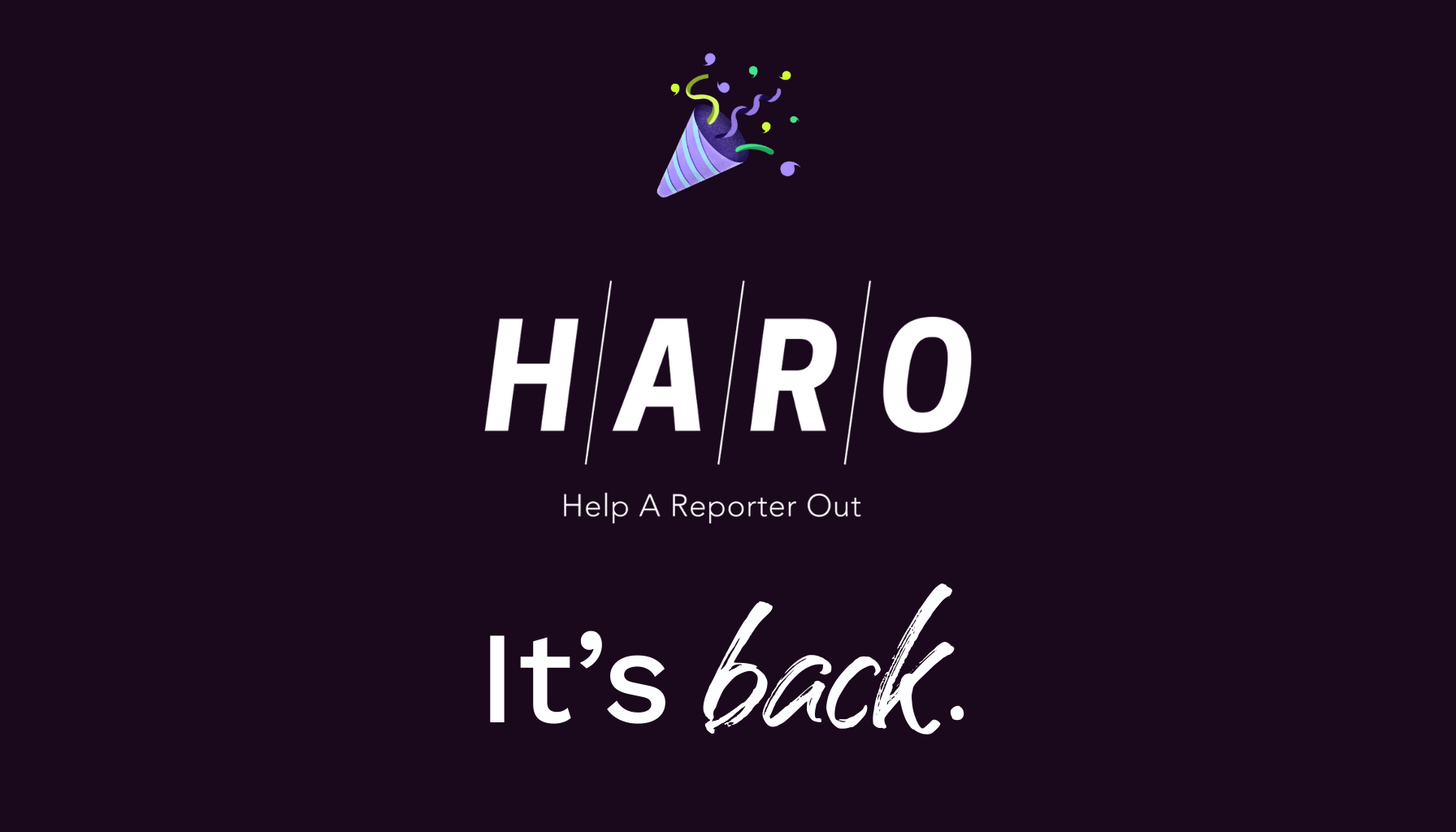I came across this letter by Ray Allen which he wrote to his younger self, and I immediately started thinking about the letter I would write to myself. At age 37, having been a part of a few successful entrepreneurial journeys in both the driver’s seat as founder a few times and observing as an angel investor many times more, what would I write to my younger 20 year-old self? At age 20, we were just getting our team together to launch our first ‘serious’ startup complete with angel investors, actual employees, an office, etc and had many lessons yet to be learned. Here is what I came up with:
- ‘Entrepreneur’ Often Means ‘Into-Manure’
As my friend David Pomije, founder of FuncoLand recently shared with me, ‘entrepreneur’ often means ‘into-manure’. Entrepreneurship is very celebrated after it works, but if you ask any entrepreneur, they all have their own epic battle that had to triumph over to persevere with their new startup. Expect there to be difficult times, and understand that you are not alone. - Spend More Time Interviewing Customers and Thinking About Strategy Before Starting Being an entrepreneur is being in a race against time, a race to not run out of resources before getting your startup to viability. To get ahead in the initial race, spend more time before it starts validating your ideas with prospective customers. It is much cheaper, and more efficient, to validate your ideas before you start sprinting.After you start sprinting, you’ll quickly realize it isn’t a sprint at all, but a marathon. Don’t just hop into new startup opportunities without consideration to market size and defensibility. Some entrepreneurs may luck into a strong defensible business model that ends up lasting, but most will not. You only have so many ‘bullets’ in your life, make sure you make them count.
- Finding the Perfect Balance of Being Self-confident and Collaborative at the Same Time
This is a really tough one at times. I have yet to meet a single founder whom possesses all of the skills required to build a high growth startup. The most successful founders have self-confidence so they don’t get steamrolled by other’s ideas, but also are collaborative and are able to adapt based on feedback. Self-confidence overdone can come across as cocky and shut people out, and being too collaborative can water down your vision or slow you down. - Fail Upwards, Not Fast
Aydin Senkut from Felicis Venture passed on the angel rounds of Uber and AirB&B (https://www.youtube.com/watch?v=x9G-IS_Rykk) a mistake that cost him a gigantic fortune. Instead of just taking that as a failure, he turned it into a win realizing that these companies would be needing a big company to power global payments, which he found and invested in. - Build a Team as Motivated as You Are
After 5 years our early team, of primarily new college grads, reached around 50 employees and we started to realize that we didn’t like our culture. We were starting to have some employees who viewed our new business as a ‘just another job’.We decided to hire an outside CEO Andy Johnson to help bring additional management processes required to scale (see this Wired post here if you are thinking of hiring a CEO), and he shared with me one interview tactic that has always stuck with me…Only hire people visibly enthused about your business! If they aren’t excited about your business during your interview, they aren’t going to be after they join your organization. You want to build a team of different makers who have something to prove, and not a bunch of people going through the motions like your startup is just a job for them. - The Best Growth Companies Are Built by Companies Who Create a Culture of Professional Development
It is imperative to find ways to invest in your own professional growth and your employees’ professional growth. Your business is going to scale fast and the skills required by your team will also need to grow fast. The best growth companies which have the happiest employees invest in their own team’s professional development. - Make Sure You & Other Hiring Managers Always Hire People Better at Their Job Than the Person They Are Replacing
Don’t be intimidated by smart, hardworking people who can do a job better than you and definitely don’t let your hiring managers either. The best managers build the strongest teams by always finding people better than the job they are hired for then they could do themselves.
- Find Ways to Share Credit Where Credit is Due
As your company starts winning the race, media and others will associate your company’s success with you as the founder because you are very visible. Make sure you give proper credit to those who were a part of your early family. This is likely the most tight knit family you’ll ever experience, so compensate (highly recommend stock option plan) them fairly and provide recognition to them whenever you can.For me, those early contributors were-- Aaron Weber- Co-founder who was instrumental during those first 7 years leading operations but because he left early, got left out of the origin story most times in later years.
- Debby Manthei- In addition to running Marketing, she also took care of bookkeeping and gave us a reality check when we needed it most.
- Kyle Ohme- Our first head of IT who would have made MacGyver feel inadequate in putting things together.
- Patrick Carlson- Our first sales hire who showed others in our team how to build strong professional relationships outside of our four walls.
- Ting Huang- Our first head of architecture
- Joel Dahlin- One of our first developers who helped our team come together as a family by being a great listener and creating a fun work environment.
- Akash Sen- Our first head of HR who had the very challenging job of leading the human side of a startup with average employee age of about 25.
And many others who know who they are.
I will forever be indebted to all of you.
- Give Back Pledge
Strongly consider adopting Founder’s Pledge, or something similar, to help support the charities you believe in as startups need strong communities to flourish. When you are uber-successful, you’ll start to realize you can’t bring all that money with you when you die and you’ll start to realize your own mortality more. Make it known early that you care about the community, however you define community and build a legacy, not just a pile of cash. Pay it forward. It is easier to do when your stock is worth $0 then when you hit the jackpot.
~Rob Weber







